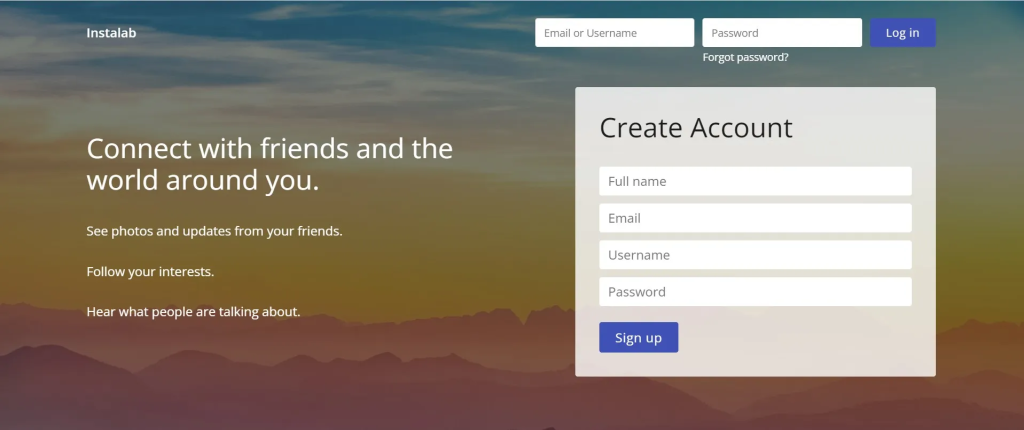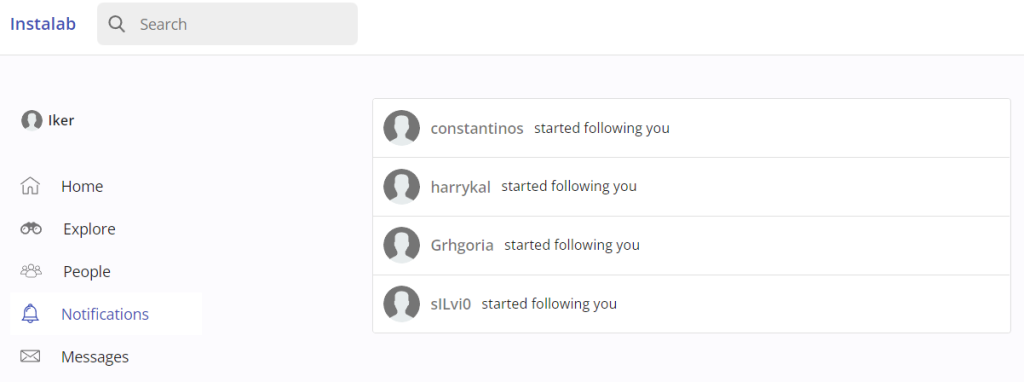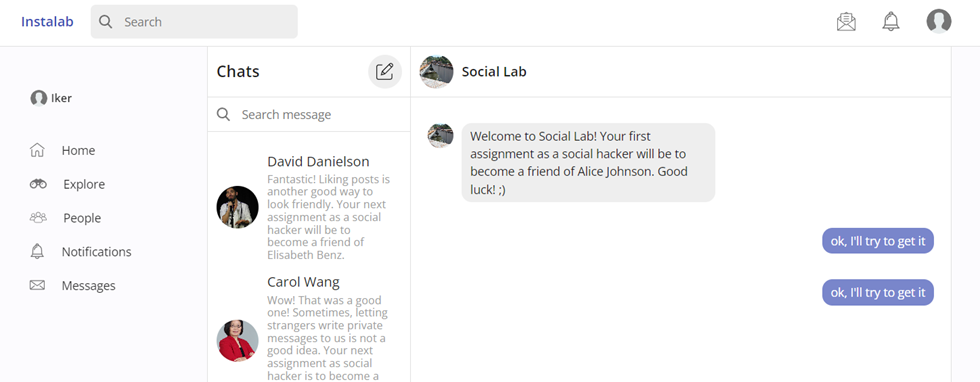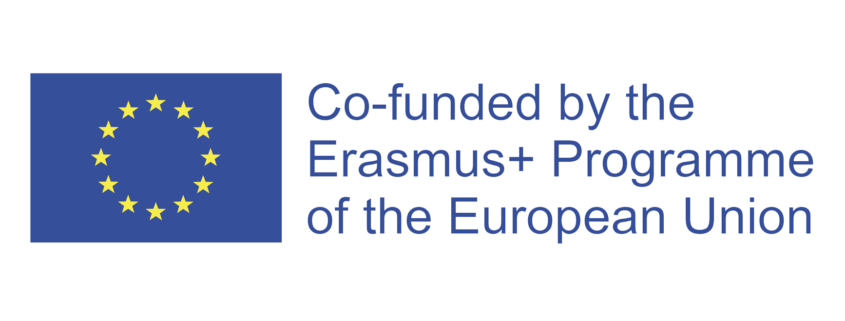- During the Transnational Project Meeting held at the University of Deusto last November, the new features of Instalab, a learning tool that allows simulating interactions within the framework of social networks, were announced.
- The ESIDE development team, led by Pablo Garaizar, has incorporated the automation of actions and behaviors that provide greater versatility, utility and realism to this learning support tool.

The second Transnational Project Meeting (TPM) of the SAILS (Safe & Autonomous Internet – based Learning Strategies) project took place on November 8 and 9, 2022. On this occasion the meeting city was Bilbao and the host entity was the University of Deusto, which hosted it in the ESIDE building of the university complex.
Throughout the two days of work, organized by the SAILS project leader, the University of Deusto, and with the assistance of ESHA, IPA and EA (remotely) and PantallasAmigas, has been developed, among other things, the sharing of progress in all lines of work.
Instalab, the controlled simulation platform for learning
Among others, one of the most outstanding advances has been in the development of Instalab. This platform, as a fake social network, is based on a controlled environment where different fictitious and automated profiles (social bots) behave in a predetermined and configurable way and interact with the students’ own profiles. These social bots allow the design of specific actions to recreate challenging scenarios; that is, they are fake profiles that aim to deceive, manipulate and put in uncomfortable situations those who are performing a practical exercise and learning with Instalab. Therefore, from the interaction with these social bots, users will be able to understand what behaviors are or are not appropriate or safe in a practical way.
Instalab, in short, allows and aims to simulate different scenarios or situations that students can potentially encounter in social networks, with the aim of making them aware and learn from them and be able to avoid them in the future. The four main scenarios that are imitated at the time the TPM took place are:
- «social wargame»
- «online trolls»
- «grooming» and «astroturfing»
- «fake news and digital manipulation»
Social wargame
It aims to simulate the basic actions that are generated with other users in social networks with similar operation to this one, such as accepting follow requests, giving «likes», commenting on posts, sending direct messages…

Online trolls
It is based on a simulated environment where a set of bots make offensive or inappropriate comments on the social profile of the student/participant.
Grooming and astroturfing
Where bots post comments and messages, but in this case friendly comments in an attempt to establish a relationship.
Fake news and digital manipulation
It is based on different bots that are responsible for publishing information that may be true or false and generate debates that aim to manipulate information.
New features updated in Instalab
Pablo Garaizar, professor at the University of Deusto and researcher at Deusto Learning Lab, as Instalab’s development leader, was in charge of showing all the advances and strengths of this fake social network. In addition to all the visual and interface advances, Pablo showed the improvements in all the scenarios raised within Instalab and the new options when assigning instructions to the bots.
First of all, one of the improvements developed is when uploading photos to the social network. Thanks to the new update, when a participant wants to upload a photo that may contain sensitive or inappropriate content, he or she must first go through the application’s filters, which will review the content and prevent the publication of unsuitable images.
Another significant improvement has been in the sequencing of bots’ actions. Thanks to the new codes, the processes or situations in which the bots act can be chained, thus allowing situations in which a series of actions come together to give rise to new responses from the bots.

With regard to social scenarios, all of them have seen advances that enhance their didactic use. Improvements have been included, such as bots that propose other points of view in the face of possible Fake News and delays in the publication of repetitive comments in the face of online trolls, among others.
From the Deusto Learning Lab, Pablo Garaizar was satisfied with the lines of development that are being followed to give the green light to Instalab:
SAILS results closer every day
The Bilbao TPM ended at the end of the morning of the second day, Wednesday, but not before defining the lines to follow to continue improving Instalab, including aspects such as new bot actions and privacy options.
Likewise, the future lines of work that will allow the development of the project to continue on the right track, with a completion date in the first quarter of 2023, were also outlined.


Esta entrada tiene un comentario
Hi, this is a comment.
To get started with moderating, editing, and deleting comments, please visit the Comments screen in the dashboard.
Commenter avatars come from Gravatar.
Los comentarios están cerrados.